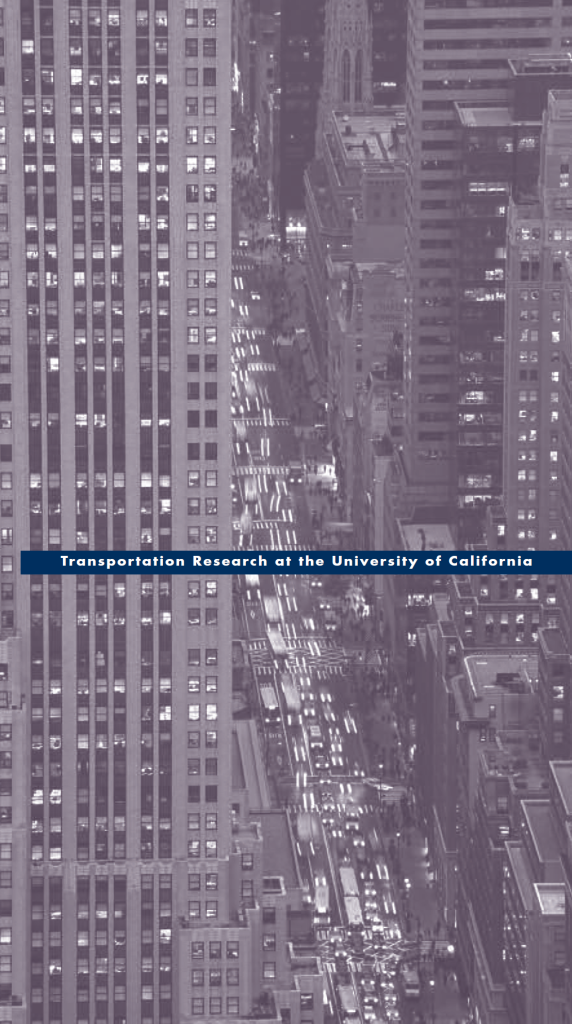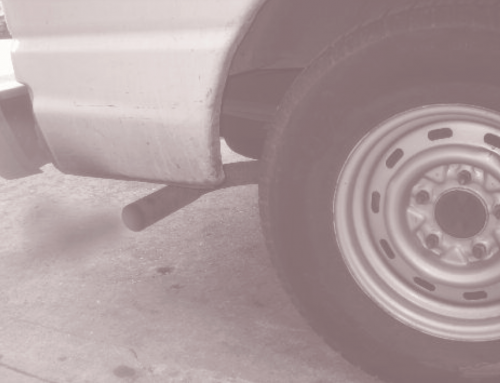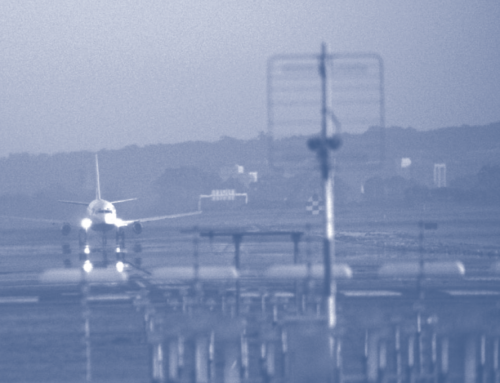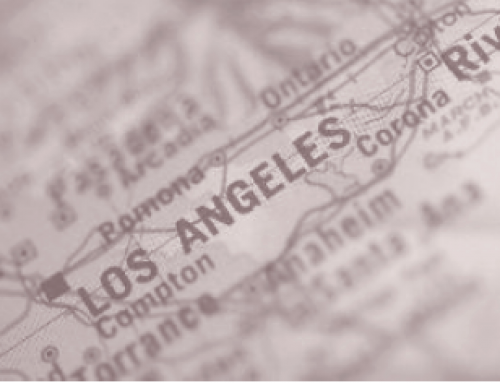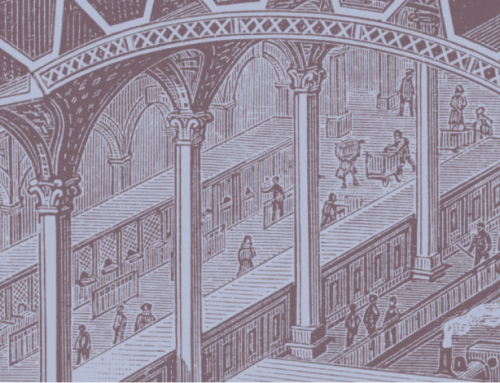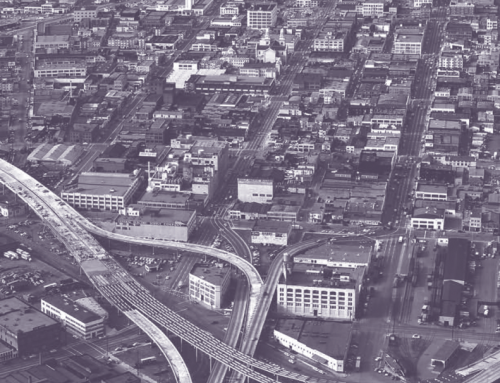With this issue, ACCESS moves from Berkeley to UCLA. Now that we are in Los Angeles, it is fitting that three of the five essays in this issue deal with freeways or traffic congestion. Freeway congestion is a hallmark of LA—a certainty like death and taxes, a source of frustration and resignation, and a convenient excuse for those of us who tend to be late.
Congestion is hardly unique to Southern California, of course. Congestion occurs in every large metropolitan area, and its ubiquity sometimes prevents us from seeing what a strange beast it really is. Like many social problems, congestion is large, highly visible, and getting worse; unlike many social problems, its costs falldisproportionately on the middle and upper classes. Twice a day, all across the United States, a large portion of our infrastructure—our road system—temporarily malfunctions from overuse. That we tolerate such regular breakdowns is rather remarkable. It’s hard to imagine anyone being so forgiving if the lights went out twice a day, or if our sewers backed up morning and night. Yet every day the scene on our freeways resembles mass evacuation from a natural disaster, and everyone seems to regard it as inevitable.
Why are we so accepting of congestion? One answer, and I don’t think it’s the whole answer, is that over the years we have been sold a variety of policies that were supposed to fight congestion but failed to solve the problem. We have built rail systems and carpool lanes and higher-density developments, but our traffic has just gotten worse. So now we are cynical. Suppose you were sick and your doctor repeatedly prescribed expensive medicines that failed to cure your ailments. Maybe your doctor made a mistake, or prescribed these medicines because they tasted better than the medicine that would cure you. Either way you wouldn’t get better. Indeed, you might start to think your illness was incurable, and that the best approach was to learn to live with it.
Transportation policy in the United States is a cabinet full of mislabeled medicine.
Transportation policy in the United States is a cabinet full of mislabeled medicine. Few transportation interventions significantly reduce congestion, but many of them pretend to. All of us are to blame for this confused state of affairs. Few of us like congestion, but most of us like driving. So we are happy to believe that seemingly painless policies will make congestion go away. If only congestion were the result of something other than our own driving (really, if only it were the result of someone else doing something they shouldn’t), the problem would be marvelously easy to solve.
Unfortunately, chronic traffic congestion is the result of too much driving. Specifically, congestion is the result of too many people driving in the same place at the same time. And that’s all it is. Congestion is not the result of insufficient transit use, or of people’s unwillingness to walk or bike. It is not the result of cities being too dense or not dense enough. It is not the result of jobs being too far from homes. The world might be a better place if more people biked or walked or rode transit or lived closer to work, but that has little to do with congestion. Congestion is simply the result of excess demand for the available road space.
 What to do? We could build more roads, but that’s something many of us, for reasons good and bad, are reluctant to do. Once new roads are off the table, however, we are left with an unpleasant fact: any policy that doesn’t directly reduce peak hour driving won’t reduce congestion. That doesn’t mean the policy isn’t worthwhile for other reasons; it only means it won’t decongest traffic. Hence we arrive at a place where what works practically fails politically. What elected official wants to charge voters to drive? Politically, the easiest thing to do about congestion is nothing.
What to do? We could build more roads, but that’s something many of us, for reasons good and bad, are reluctant to do. Once new roads are off the table, however, we are left with an unpleasant fact: any policy that doesn’t directly reduce peak hour driving won’t reduce congestion. That doesn’t mean the policy isn’t worthwhile for other reasons; it only means it won’t decongest traffic. Hence we arrive at a place where what works practically fails politically. What elected official wants to charge voters to drive? Politically, the easiest thing to do about congestion is nothing.
The mission of ACCESS, whether on the topic of congestion or any other transportation issue, is to dispel confusion and wishful thinking. Our goal is to take the often obscure results of technical research and translate them into language that policymakers will understand. Academics sometimes complain that elected officials don’t listen to them enough. But elected officials, busy with the hard and messy task of making policy, often feel that academics, by writing only for each other, have relegated themselves to the sidelines. In Berkeley, Access was founded to help academics step onto the playing field. We hope to continue that mission in Los Angeles.
Michael Manville

